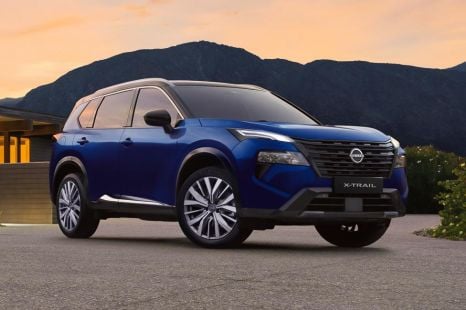

James Wong
2026 Nissan X-Trail facelift locked in for Australia – with range-wide price hikes
8 Hours Ago

Contributor
After a lull during COVID-related lockdowns, Hyundai Australia is ramping up its local suspension tuning program.
Following the high-performance Ioniq 5 N which received local electronically controlled suspension (ECS) tuning, the next vehicle to receive local suspension tuning is the i30 Sedan Hybrid, specifically the mid-spec Elite and flagship Premium guises.
Both the i30 Sedan Hybrid Elite and Premium will arrive in Australia during the second quarter of this year.
They will follow the entry-level i30 Sedan Hybrid, which has just launched locally and has a global suspension tune instead.
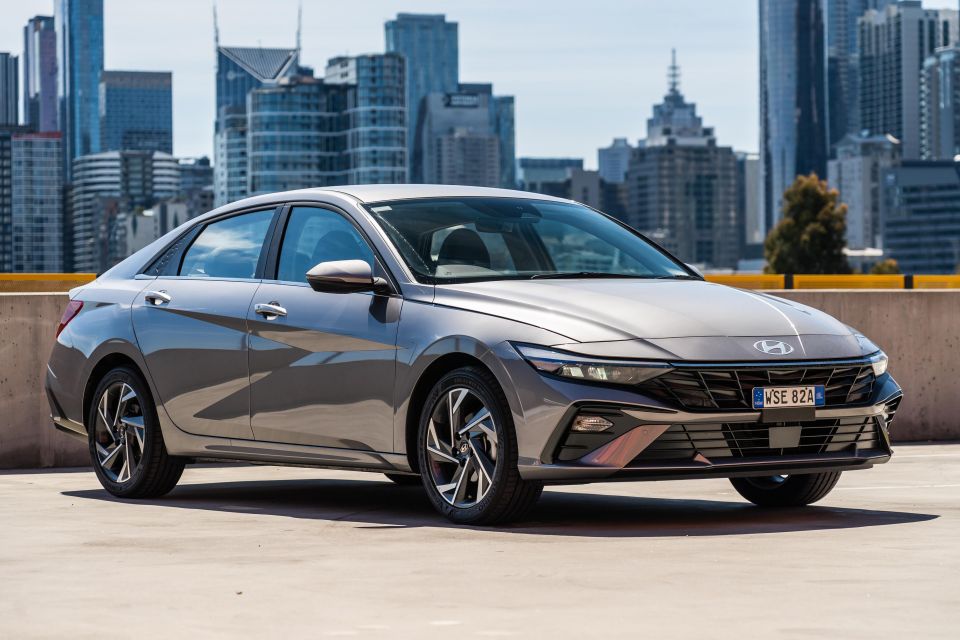
i30 Sedan Hybrid Elite and Premium versions both have 17-inch alloy wheels as standard with summer tyres, whereas the entry-level i30 Sedan Hybrid has smaller 16-inch alloy wheels with summer tyres.
Hyundai Motor Company Australia (HMCA) product planning and development manager Tim Rodgers told CarExpert the reason why local suspension tuning occurred is because the combination of 17-inch alloy wheel with summer tyres for the i30 Sedan Hybrid hadn’t been created yet.
“The 17-inch wheel [i30 Sedan] hybrid, which we have yet to bring to market, that will be localised,” said Mr Rodgers.
“There was a bit of a gap in the production library, which we were able to support R&D on and develop the summer tyre, 17-inch wheel package.
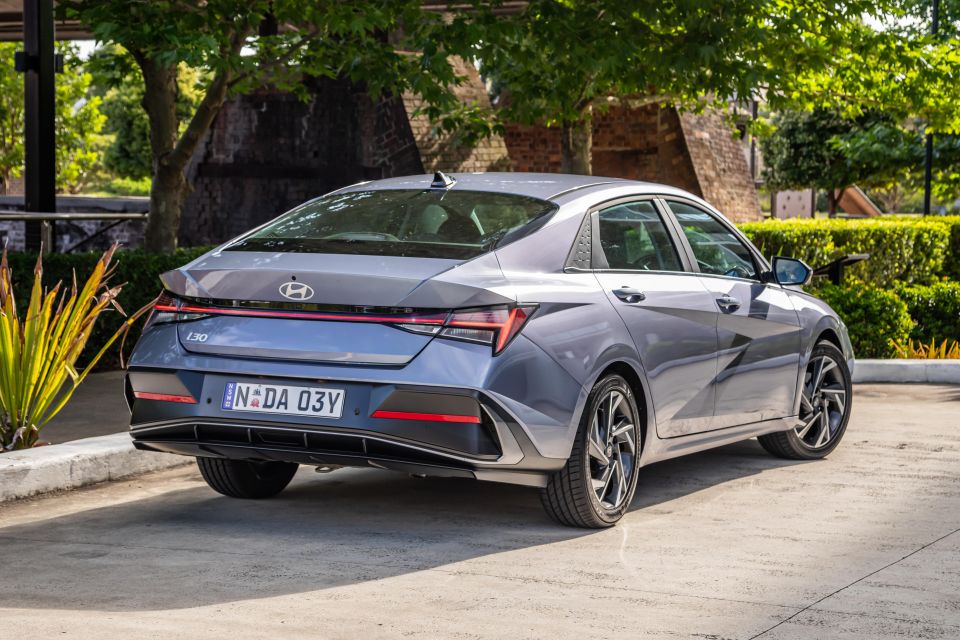
“Late last year we got to work and put spanners on bolts and did the real tuning thing again, which is fun.”
When asked how much time went into the local suspension tuning for the i30 Sedan Hybrid Elite and Premium, Mr Rodgers said it took a couple of weeks.
“[There was] a lot of consulting, so that time can’t really count,” said Mr Rodgers.
“But actually hands on tools, it takes a couple of weeks once we set everything up, and it’s rigorous tuning and testing in that time doing iterative tuning.
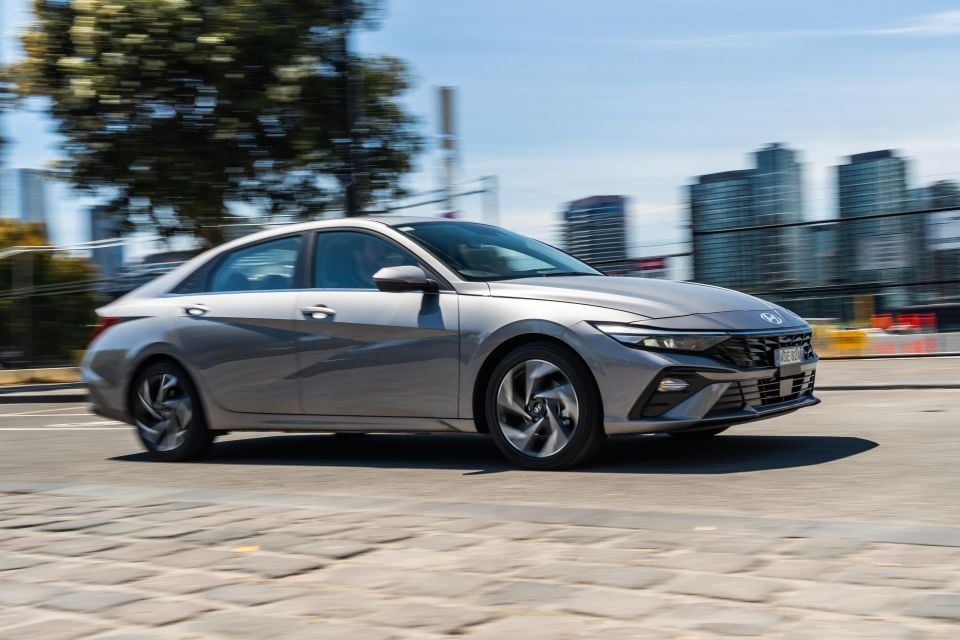
“Lots of kilometres, lots of data builds, lots of late nights.
“We condensed it into a couple of week period, just for efficiency. We could potentially spend months and months on this sort of project, but we’ve tried to find as many efficiencies as possible.
“We’ve learned a lot of tricks along the years to do that, to make it a really condensed time period.”
Unlike regular i30 Sedan variants with the 2.0-litre petrol engine which have a torsion-beam rear suspension setup, the hybrid variants have a more sophisticated multi-link rear suspension setup.
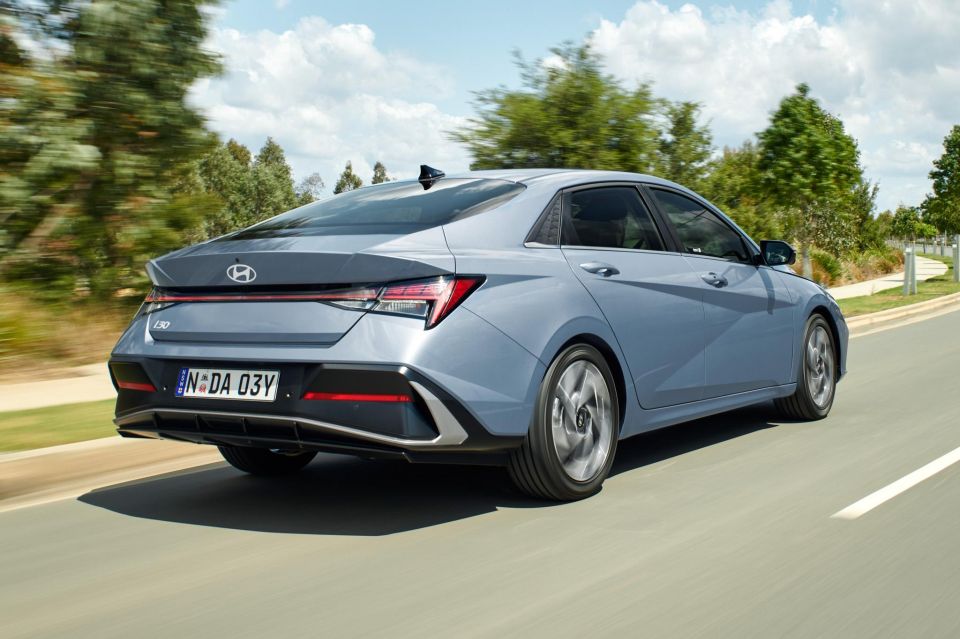
For now this suspension tune for the i30 Sedan Hybrid Elite and Premium will be unique to our market.
Other markets will be able choose this suspension tune but Mr Rodgers said this will be unlikely because “summer tyre application in say North America and in Korea is quite rare on a passenger car like that”.
As for the rest of the range, most facelifted non-hybrid i30 Sedans stick with the same suspension tune developed locally in 2019. The exception is the N, which sticks with a global tune.
The entry-level Hyundai i30 Sedan Hybrid is priced from $33,000 before on-roads. It’s $4000 more than the base i30 Sedan with the 2.0-litre naturally aspirated petrol engine.
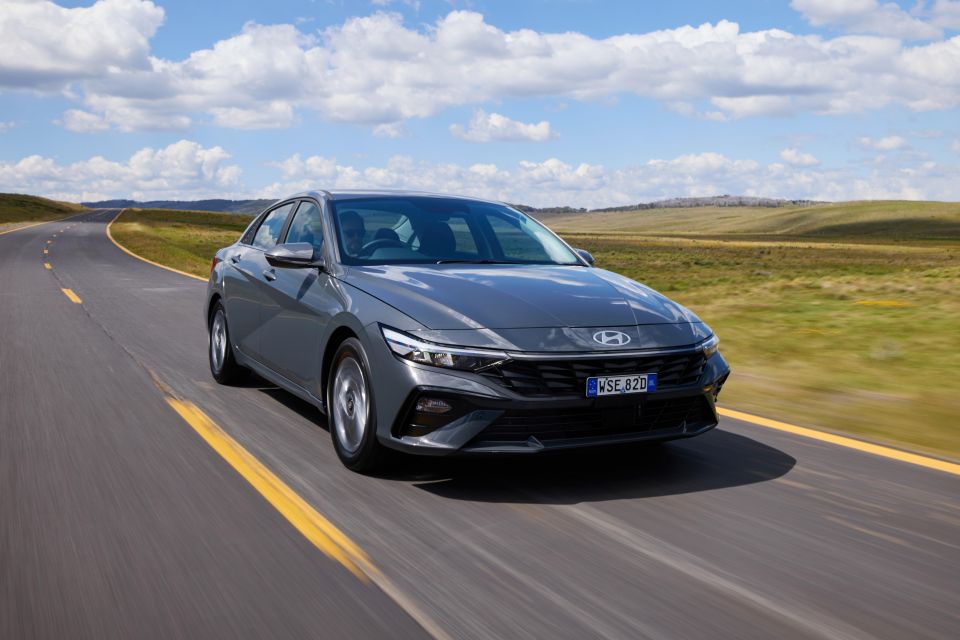
Hyundai Australia hasn’t confirmed pricing for the i30 Sedan Hybrid Elite and Premium at this stage as production hasn’t started yet.
All i30 Sedan Hybrid variants are powered by a 1.6-litre four-cylinder petrol engine, with a 32kW/170Nm electric motor, 1.32kWh battery pack and six-speed dual-clutch automatic transmission.
Total system outputs are 104kW of power and 265Nm of torque.
Hyundai claims all i30 Sedan Hybrid variants have combined fuel economy figure of 3.9 litres per 100km on the combined cycle according to ADR testing.
MORE: Everything Hyundai i30 MORE: Hyundai i30 Sedan Elite review
Where expert car reviews meet expert car buying – CarExpert gives you trusted advice, personalised service and real savings on your next new car.
Jack Quick is an automotive journalist based in Melbourne. Jack studied journalism and photography at Deakin University in Burwood, and previously represented the university in dance nationally. In his spare time, he loves to pump Charli XCX and play a bit of Grand Theft Auto. He’s also the proud owner of a blue, manual 2020 Suzuki Jimny.


James Wong
8 Hours Ago
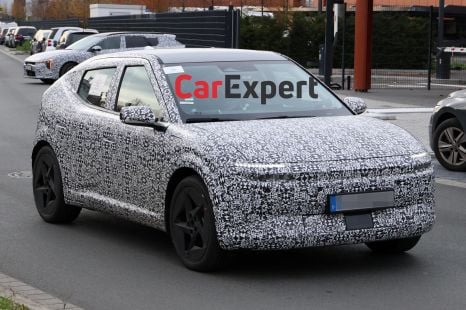

William Stopford
1 Day Ago
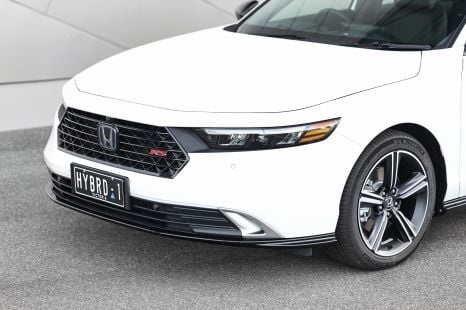

James Wong
1 Day Ago
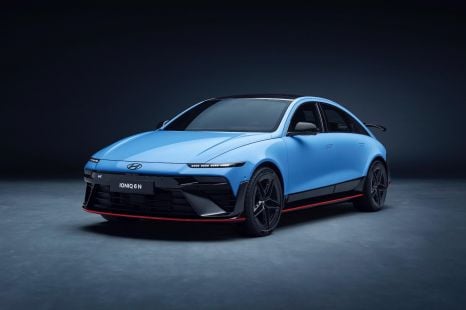

William Stopford
2 Days Ago
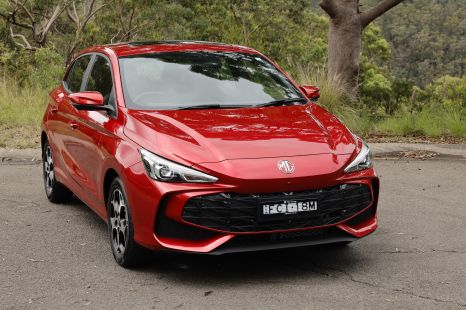

William Stopford
2 Days Ago
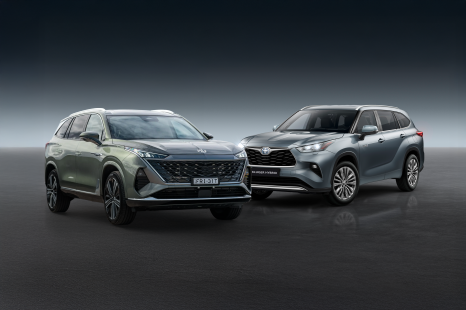

Andrew Maclean
6 Days Ago